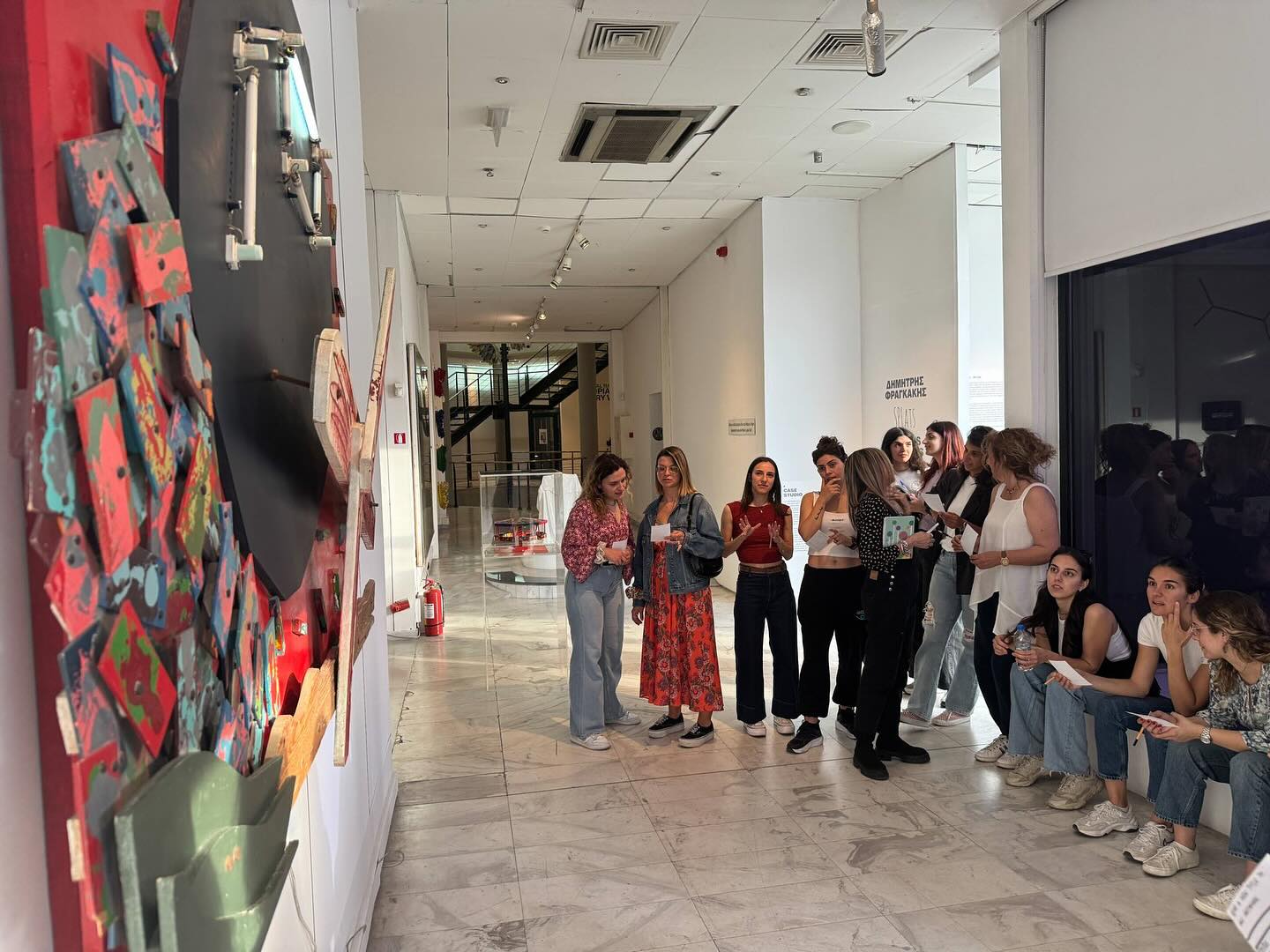
Title: MSc Program “Education Sciences: Research and Praxis in Changing Learning Environments”
Scientific Fields:
Education-Arts
University:
Aristotle University of Thessaloniki
Language of Instruction:
Greek
Duration:
3 semesters
For more information, please visit the website:
The MSc program offers 40 new places every two years. The next call for submissions will be announced in early summer 2026.
Description
The MSc program, ‘Education Sciences: Research and Praxis in Changing Learning Environments’, launched by the School of Early Childhood Education (SECEd) at the Aristotle University of Thessaloniki (AUTH), is a newly established program. Operating since the 2022–23 academic year, it offers two specialisations.
- Creative Designs for Educational Research and Praxis
- Arts in Education
This MSc program adopts an innovative interdisciplinary approach to education and research, in response to the growing needs and interestsof professionals and young researchers involved in learning, teaching, research, and artistic creation in (early) childhood. In today’s rapidly changing world, ongoing professional development and upgrading knowledge and skills are essential.
The MSc program is delivered by professors from the School of Early Childhood Education (SECEd) at the Aristotle University of Thessaloniki, who are internationally recognized for the high quality of their research, as evidenced in databases such as Scopus and Google Scholar. Additionally, faculty members from other universities, as well as distinguished researchers from Greece and abroad, are invited to contribute to the program through lectures, academic events, and workshops.
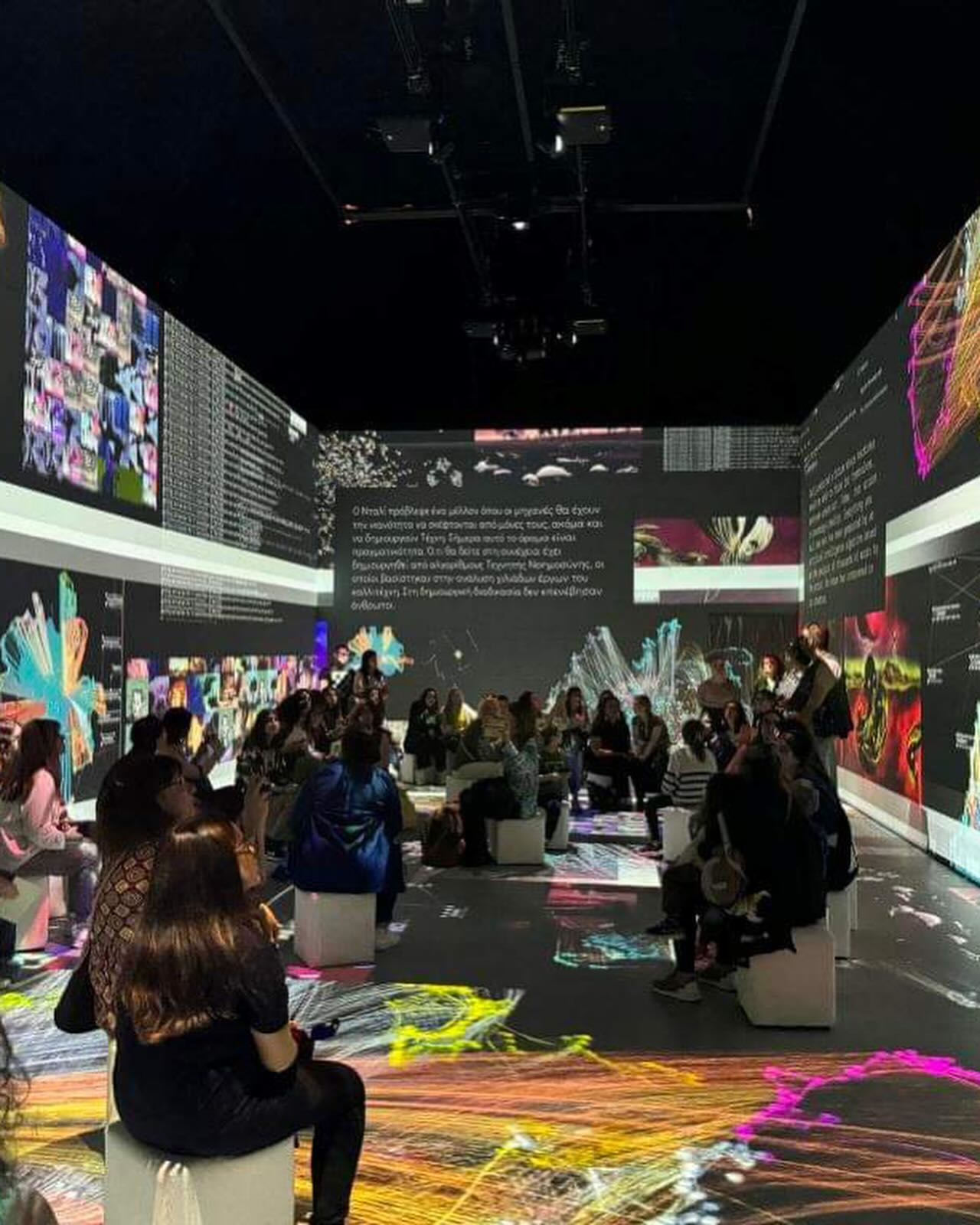
The program’s innovative elements include:
- Unlike other MSc programs in Educational Sciences in Greece, this program focuses on the education of children in early and middle childhood. This addresses a critical issue for improving educational practice and enhancing competitiveness in the current social and economic context. At the same time, it reflects an internationally cutting-edge field in the preparation of educators and professionals working in both formal and non-formal educational settings.
- The development of a coherent curriculum that can respond more effectively to the needs of teachers/educators and those who work with children in early and middle childhood.
- A strong focus on the needs and rights of children for high-quality learning and teaching, as well as meaningful play, expression, and creativity, while respecting the multiple dimensions of their diversity.
- An equalemphasis on formal and non-formal education, with the main objectives being pursued: a) addressingthe needs of professionals working not only in schools but also in a wide range of educational settings within the contemporary and constantly evolving landscape—such as museums, libraries, creative and artistic activity centers, and maker spaces, and b) highlighting the complexity of learning in today’s childhood
- A dual-track structure, beginning with a shared first semester that includes four core foundational courses, followed by specialized and orientation-specific courses tailored to each track. The innovative content of the program addresses the short, medium, and long-term educational needs of educators, and other professionals.
- An interdisciplinary approach, fostering close collaboration among educators from diverse academic disciplines within the courses. This approach creatively integrates the concept of ‘design’ into pedagogical research and practice as well as into artistic creation.
- A student-centered learning philosophy, with an emphasis on a)recognizing and utilizing learners’ prior knowledge and experience; b) critical reflecting on assumptions and practices collectively, and c adopting an inquiry-based perspective on issues related to research and practice.
- The creative synthesis of learning and teaching, artistic creation and research, treated as a reflective process within the context of creative ‘design’
- The enhancement of learners’ essential research skills and the encouragement of high-level research in contemporary and competitive scientific fields.
Contact- email: [email protected]
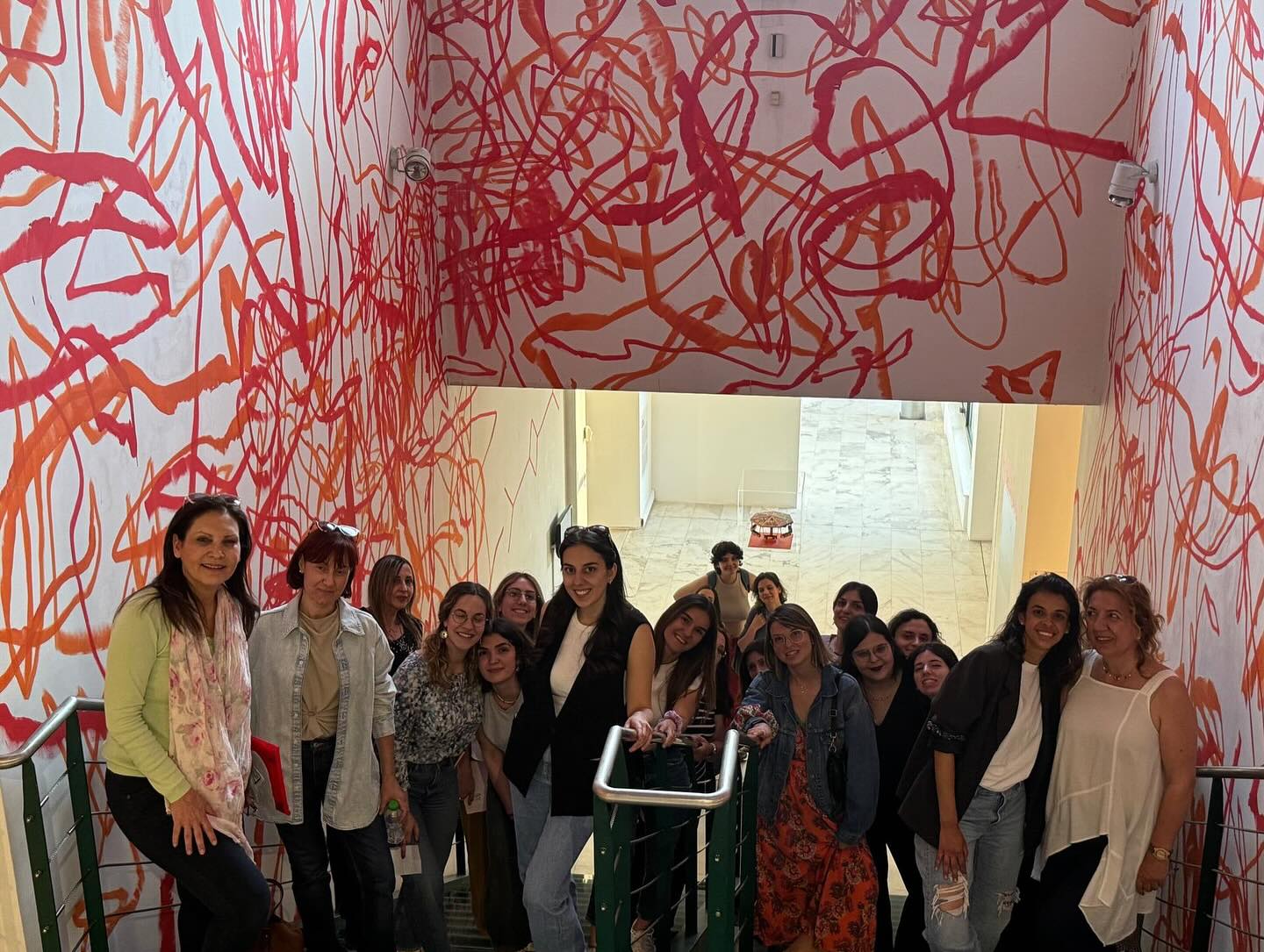


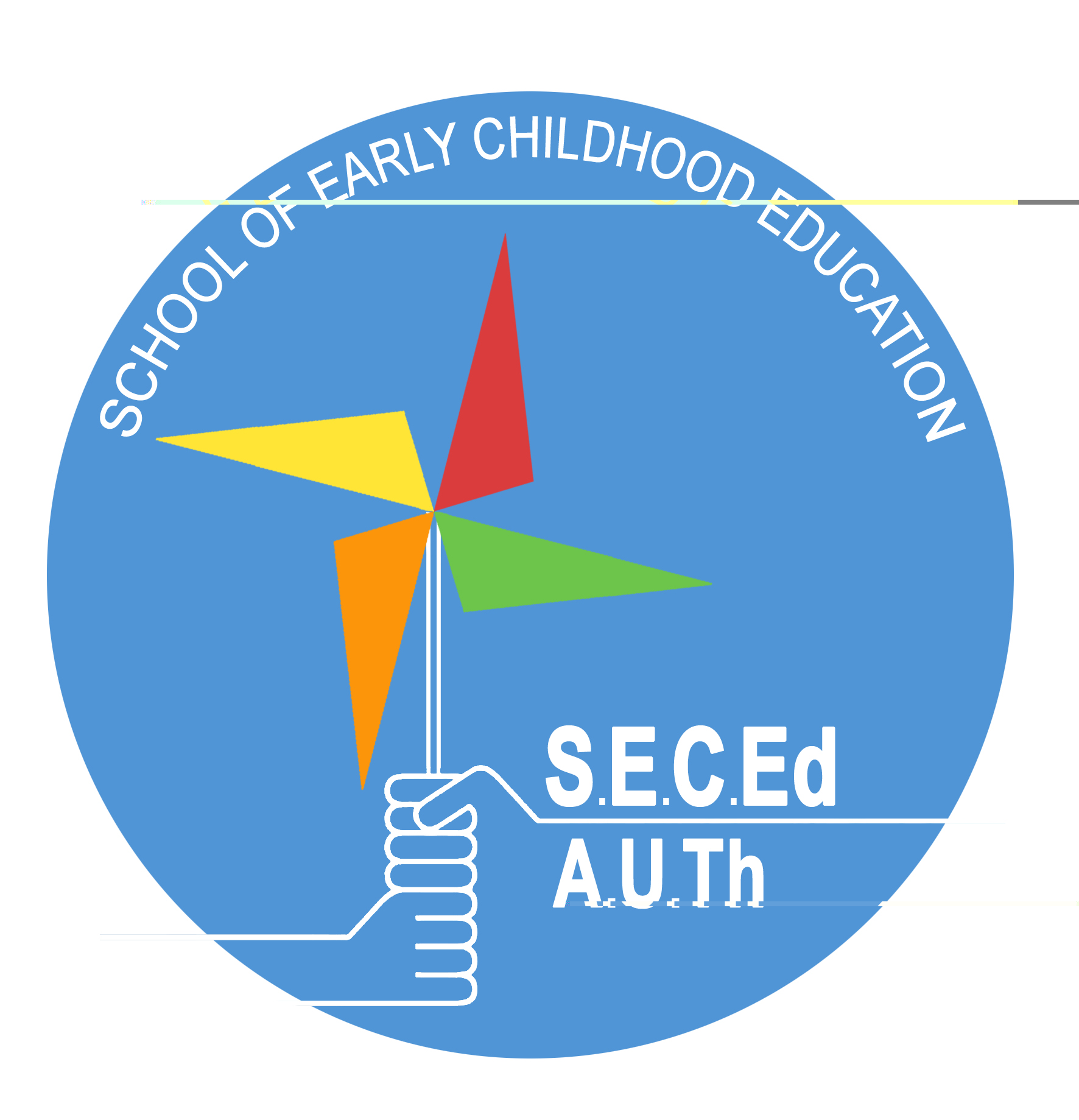
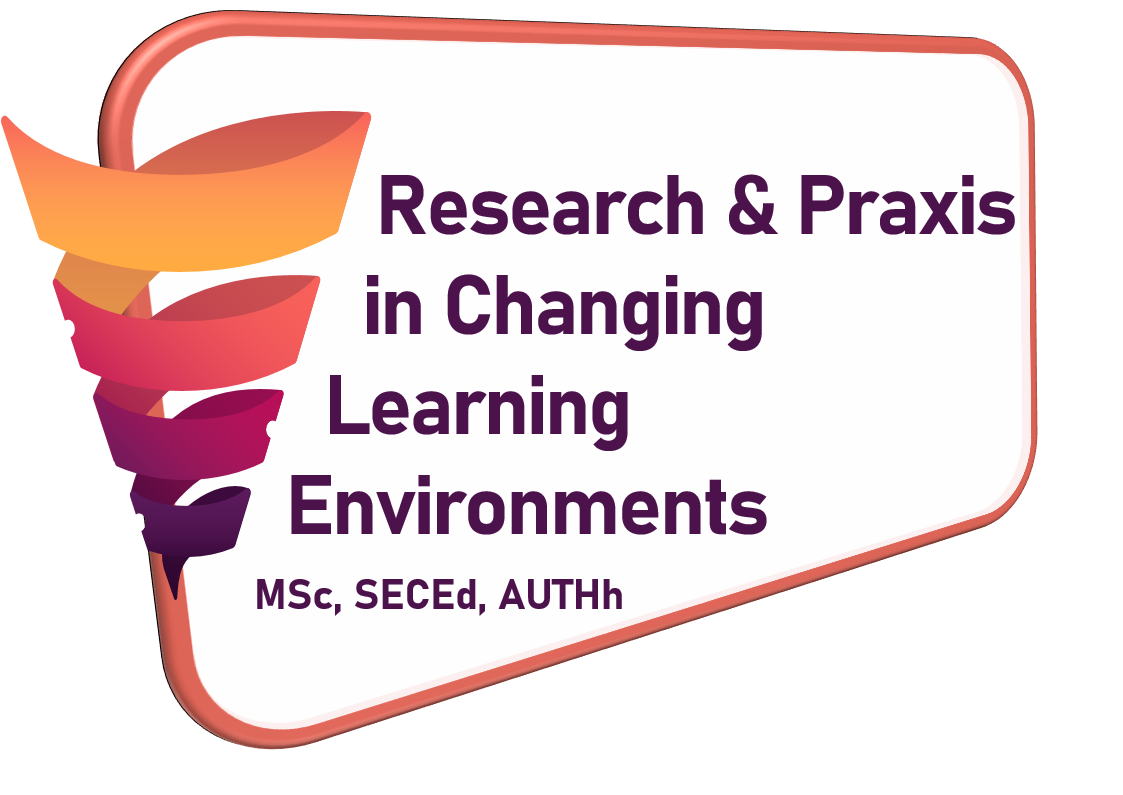
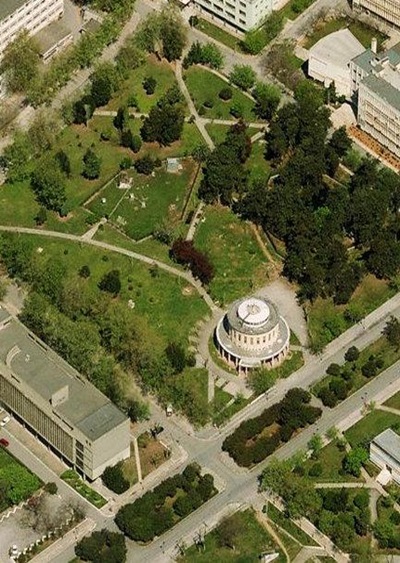
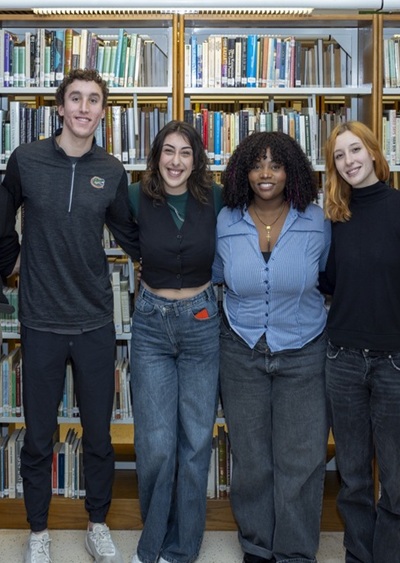

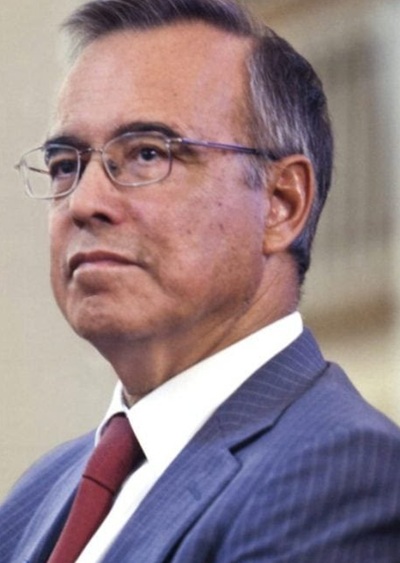


Leave A Comment